Building the Two-Way Street: A Guide for Two-Year/Four-Year College Writing Program Partnerships
Zoom; Feb. 28-Mar. 1
Facilitation Team:
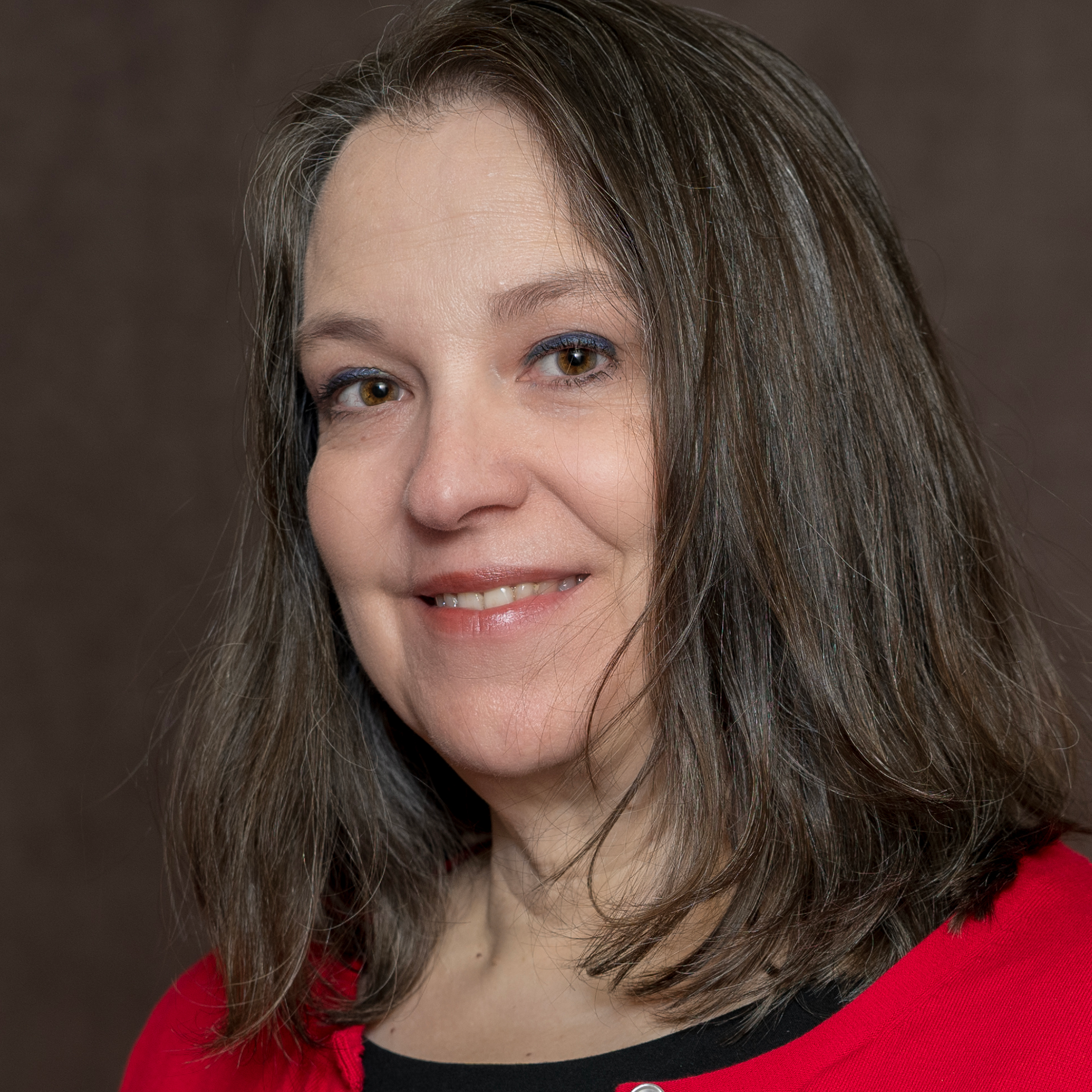 |
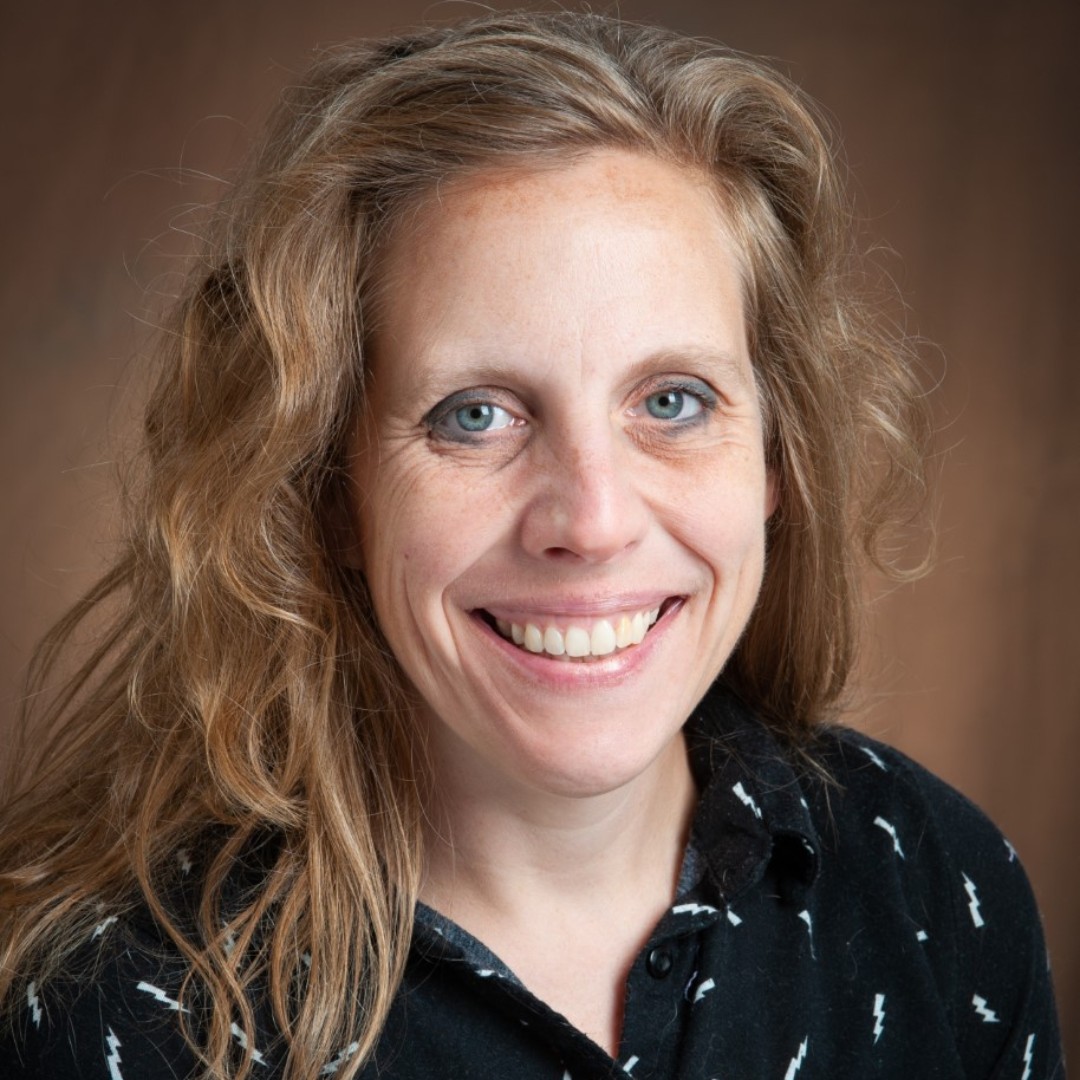 |
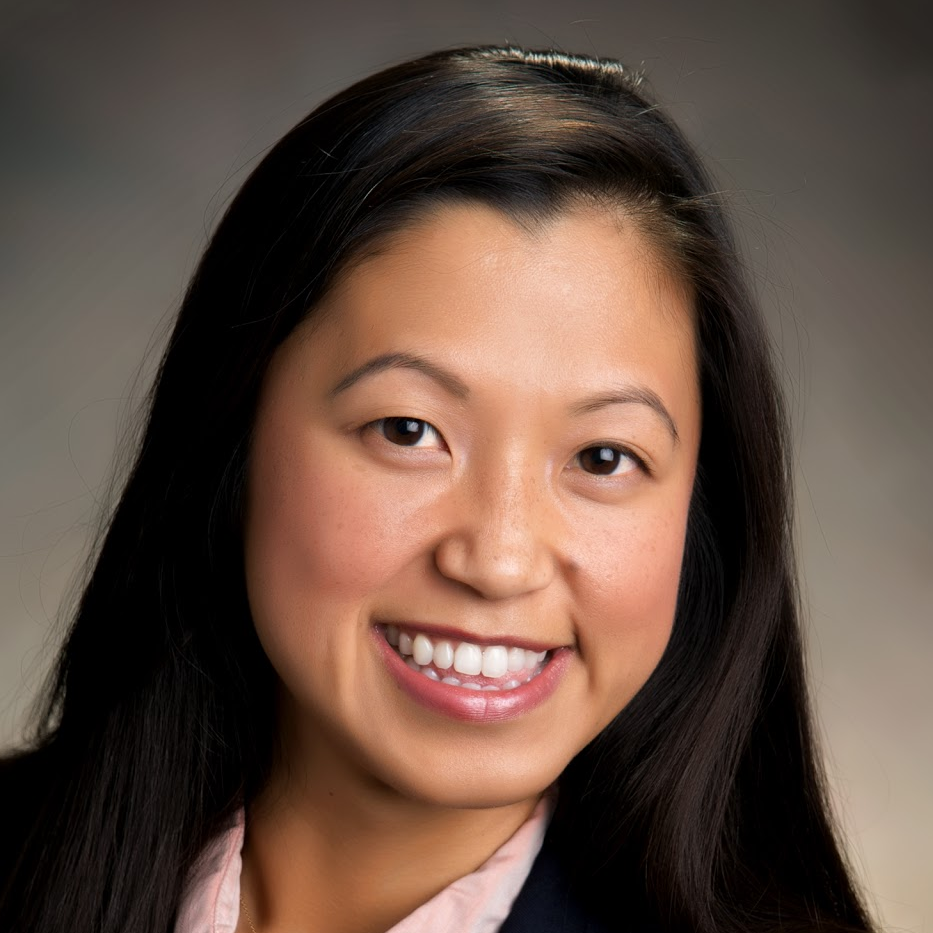 |
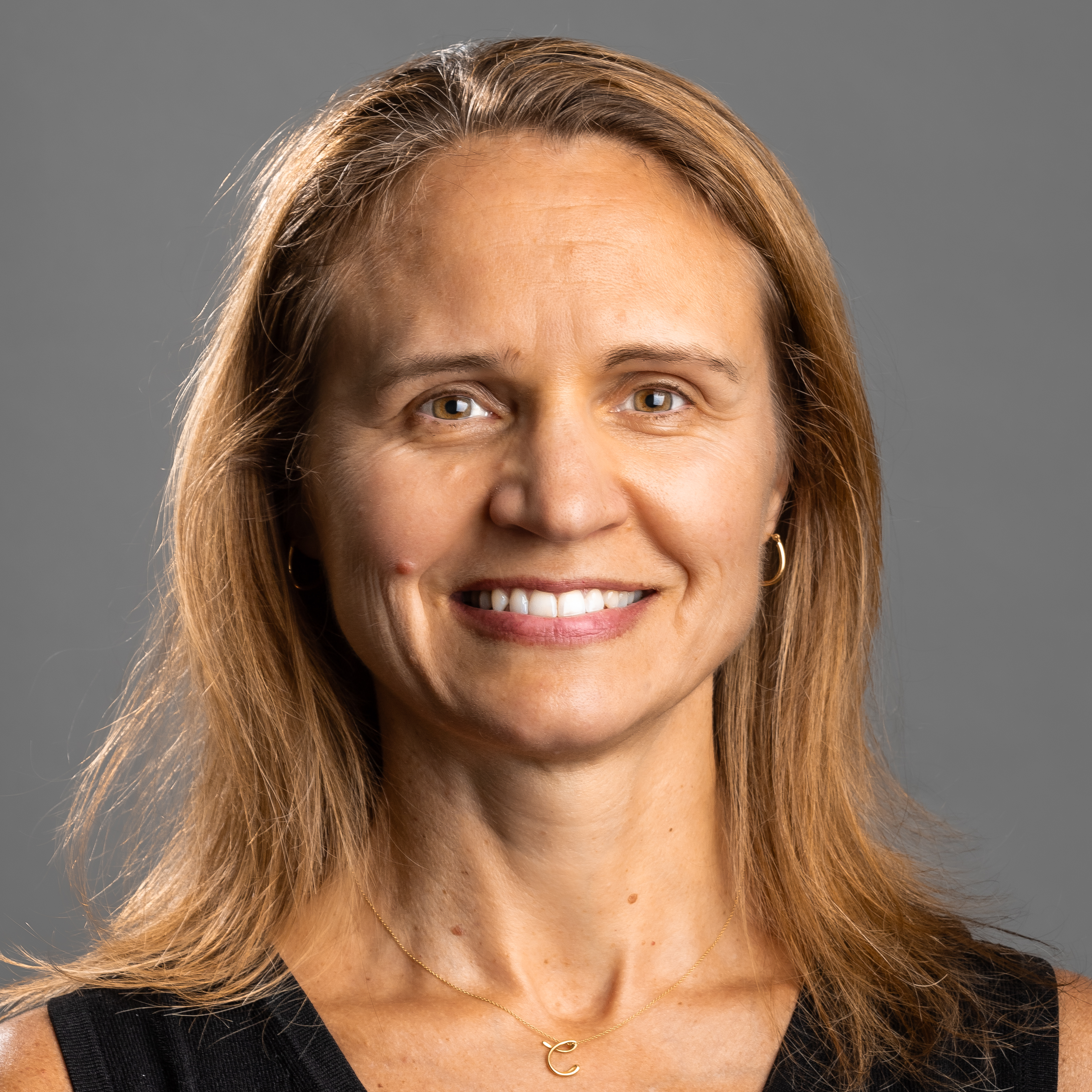 |
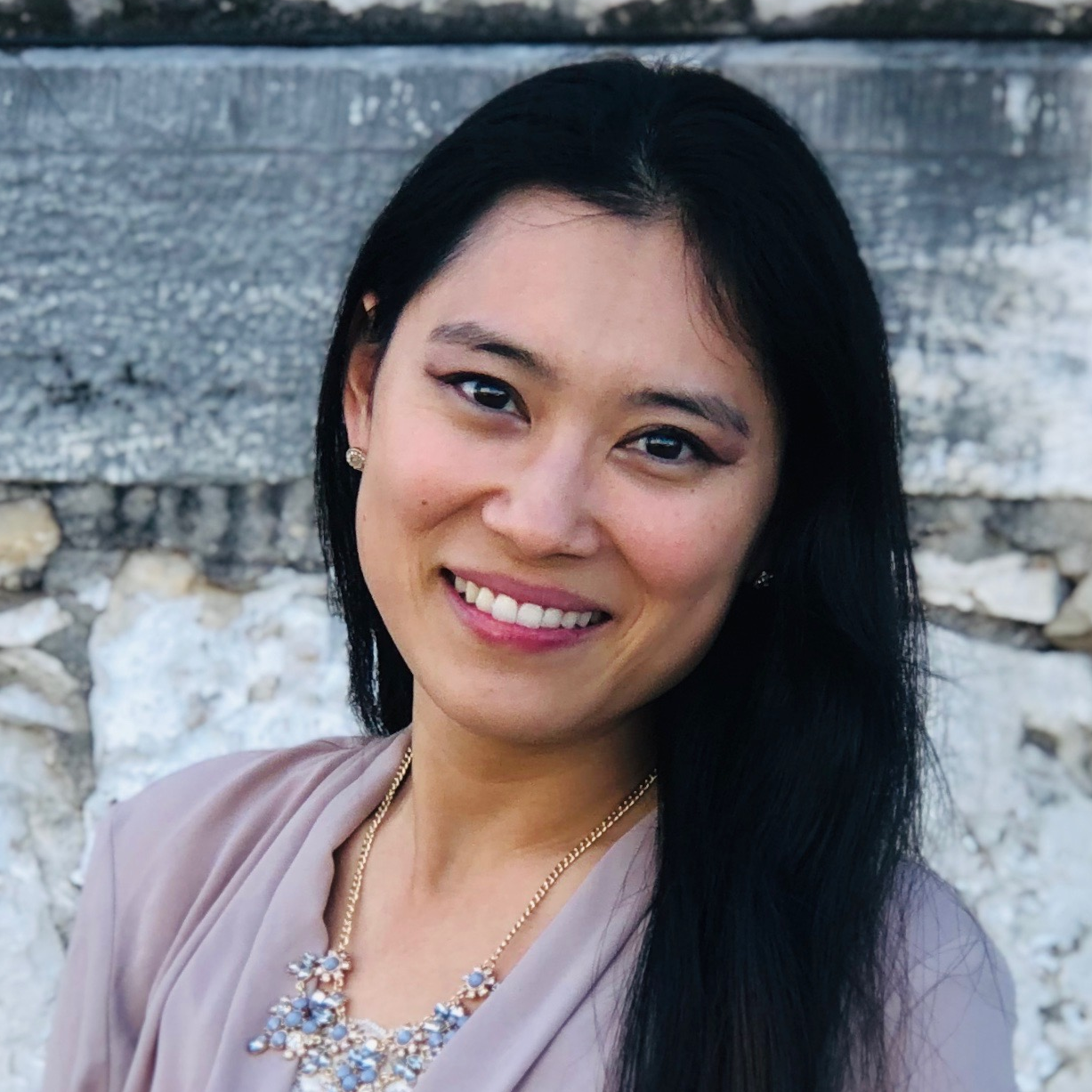 |
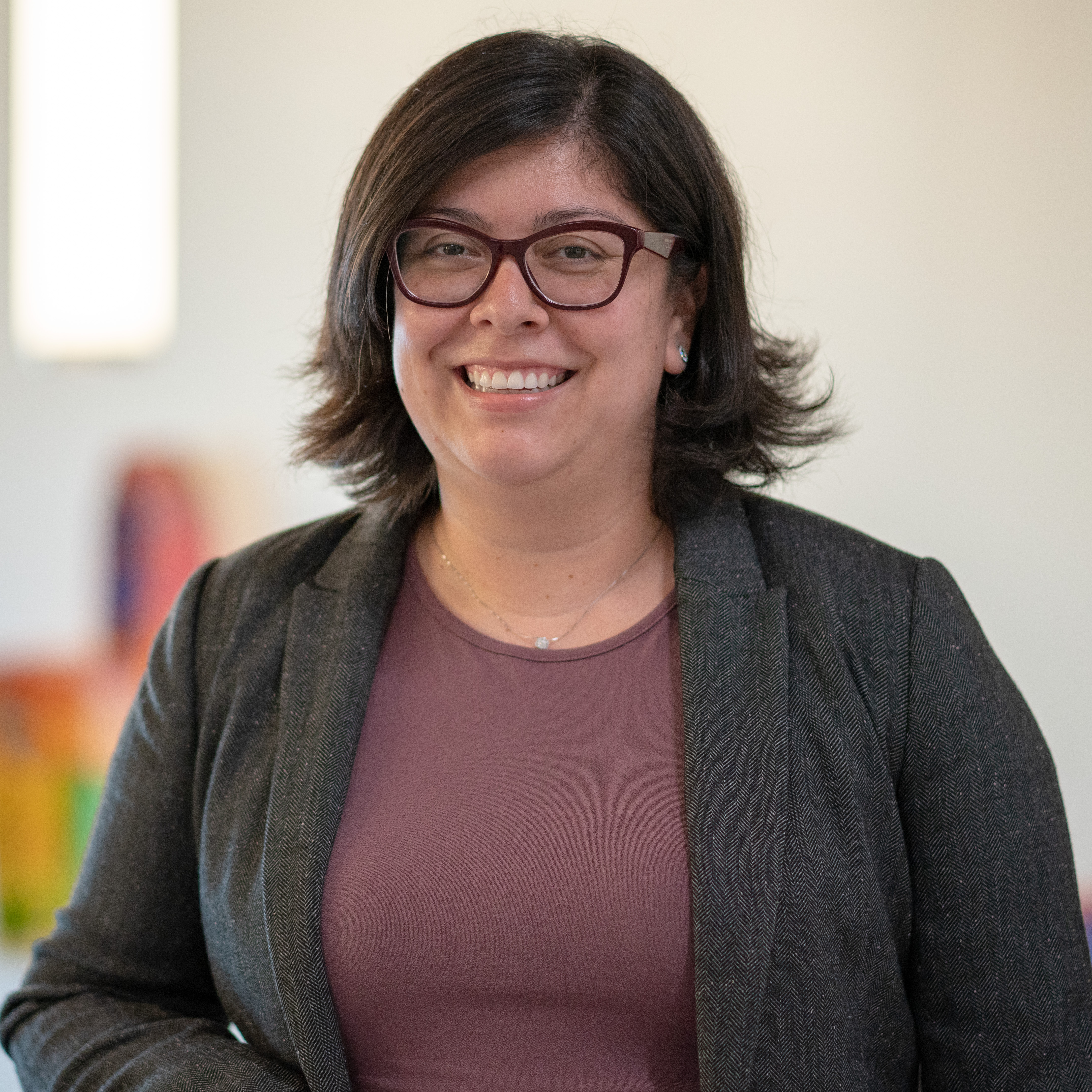 |
|---|---|---|---|---|---|
| Joanne Baird Giordano | Holly Hassel | Erin Lehman | Cassandra Phillips | Emily Suh | Lizbett Tinoco |
Abstract: Participants will create a guide to building collaborations between two-year and four-year writing programs within an ecology that supports equity and access in educational attainment. The proposed guide will offer evidence-based strategies to collaborate toward increasing success for students and supporting literacy educators in building professional knowledge of reading and writing instructional contexts. The guide will be available online for writing studies experts, postsecondary literacy educators, and program coordinators. The content and structure of the guide will emerge from collaborative, synchronous workshop activities. Possible topics include (but aren’t limited to): placement processes; curricular alignment; transfer articulation policies and practices; partnerships for research and scholarship across institutions; internships, apprentice programs, and models to support graduate instructors who work across campuses; and model successful collaborations. After completing the guide, the group will identify other ways to continue the project and disseminate results through publications, online webinars and workshops, and/or conference presentations.
What Draft Deliverable will be Presented at the Conference Showcase? Participants will begin drafting a guide, which will be available online for writing studies experts and other postsecondary literacy educators and program coordinators. The Two-Year College English Association (TYCA) will provide peer review for the final version of the document and publish the final revised guide through the TYCA section of the National Council of Teachers of English website. We will also seek co-sponsorship from CCCC, the NCTE College Section, and CWPA.
Who Should Apply to Participate? We are looking for people with a background or interest in forging relationships between two- and four-year institutions or doing other collaborative work across institutions in their state systems, and who understand the benefits of compiling a comprehensive and nuanced record of two-year institutions and how they can inform (and be informed by) other institutions.
- People who are already doing this work (could be administrators)
- Instructors/faculty who are teaching at multiple institutions, adjunct/contingent faculty
- Graduate students
- Dual credit coordinators and instructors
- Developmental education-focused (i.e., corequisite, or other accelerated developmental education program) coordinators and instructors
- Participants who have writing center and learning center experience
What Do Participants Need to Prepare? [Note: The facilitation team will email all materials and instructions once all participants have been selected]
We have developed a preliminary list of possible readings/works cited and will narrow the reading list as they get closer to the event. (The list is included on pp. 8-10 of the proposal.) Our preliminary plan is to divide up readings according to subtopics or "tracks" that our group will be pursuing so that participants can read in a more focused way about the topic or topics they will be working on.
What Happens After the Conference? After the conference, participants will work together in small teams to create or finish sections of the guide. They will also have opportunities to meet with other project members through videoconferencing.
After completing the guide, the group will identify other ways to continue the project and disseminate results through publications, online webinars and workshops, and/or conference presentations. The facilitators will work with national organizations (e.g., TYCA, CCCC, and/or NCTE College Section) to offer the guide as an official document of the organization, and they will organize a virtual workshop to introduce the final version of the guide, along with activities to help participants reflect on how to collaborate across institutions in their local contexts.
